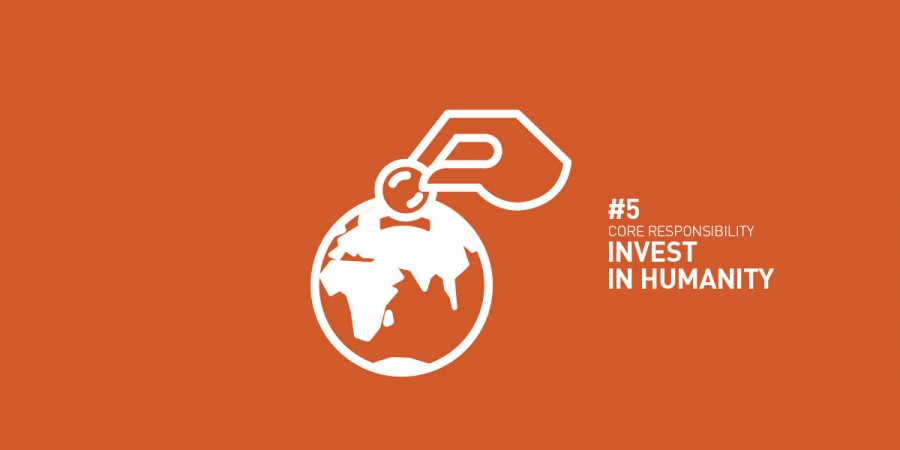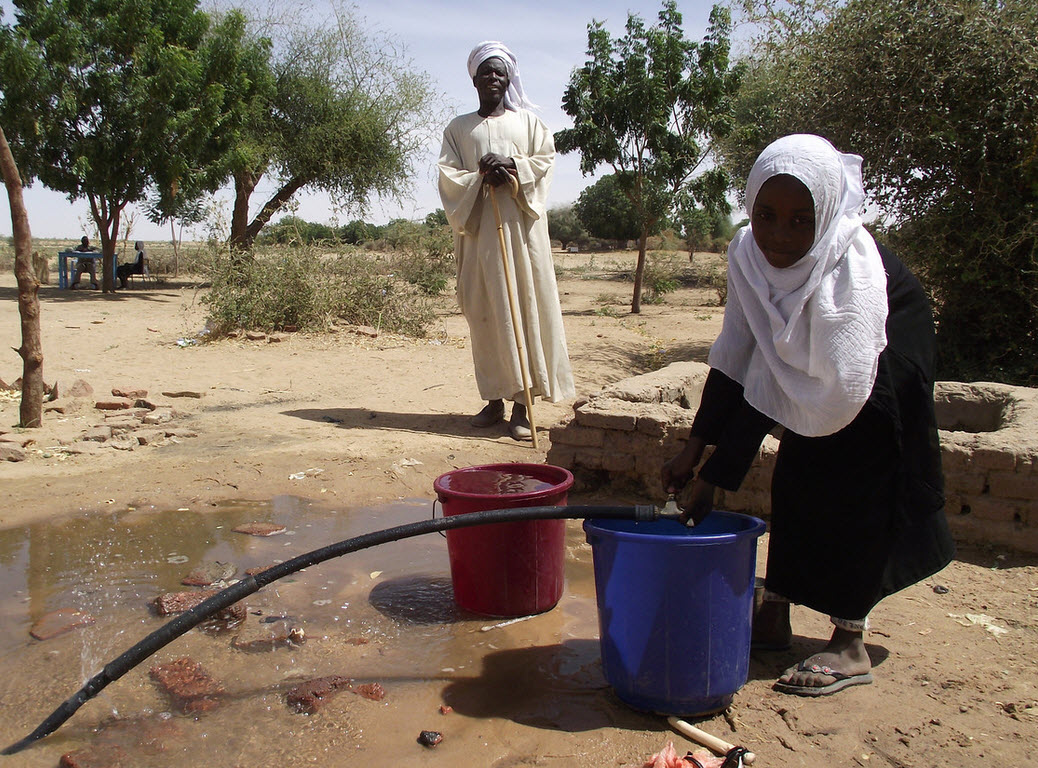As a six-year-old boy, Ban Ki-moon and his family were forced to flee their home during the Korean war. Inspired by his experiences, the now UN Secretary-General has convened the first-ever World Humanitarian Summit as a call for global action to alleviate the suffering of the 125 million people around the world affected by conflicts and disasters. To chart a way forward, he called for an “Agenda for Humanity” based on five core responsibilities, calling on global leaders to stand up for our common humanity and reduce human suffering.
In a series of five blogs, we will explore the core responsibilities through the eyes of those who need them the most: affected people.
Our leaders have the power to close the gap between the world that is and the world that should be. Visit impossiblechoices.org and ask your leader to come to the World Humanitarian Summit and take bold action to stop human suffering.
Core Responsibility 5: Invest in Humanity
If we really want to act on our responsibility to vulnerable people, we need to invest in them politically and financially. What does this mean? It means increasing funding not only to response, but also to risk and preparedness, to protracted conflicts and to peacebuilding. It means boosting local response through more funding to national NGOs and to pooled funds. It means stopping blocks to crucial investments, such as remittances flows. And it means being more creative about how we fund, using loans, grants, bonds and insurance mechanisms; by working with investment banks, credit card companies and Islamic social finance mechanisms, as well as with donors. It requires donors to be more flexible in the way they finance crises, including giving longer-term funding. And it requires aid agencies to be as efficient as possible and transparent about how they are spending their money. These shifts will only be effective if we put the financing of collective goals at the heart of our efforts, rather than supporting individual projects.
This is the story of Al Tayeb Idris, a teacher from Azerni, West Darfur, Sudan
“The new solar-powered water pumps have changed our lives,” said Al Tayeb Idris, a Teacher and member of the village’s water-management committee. “Water now pumps daily. Before, the cost and unreliability of the motorized system meant that we were lucky if water was pumping just twice a week.”
The project was funded by the Sudan Humanitarian Fund, which is managed by OCHA Sudan. “The lack of water used to be a source of friction, often resulting in violence between the residents of Azerni and the seasonal nomadic population” said Abdul Malik, Azerni’s Omda (village chief). “Since we have been using the solar-powered water pumps, we have enough water to share with the nomads, leading to more harmonious relations.”



Comments